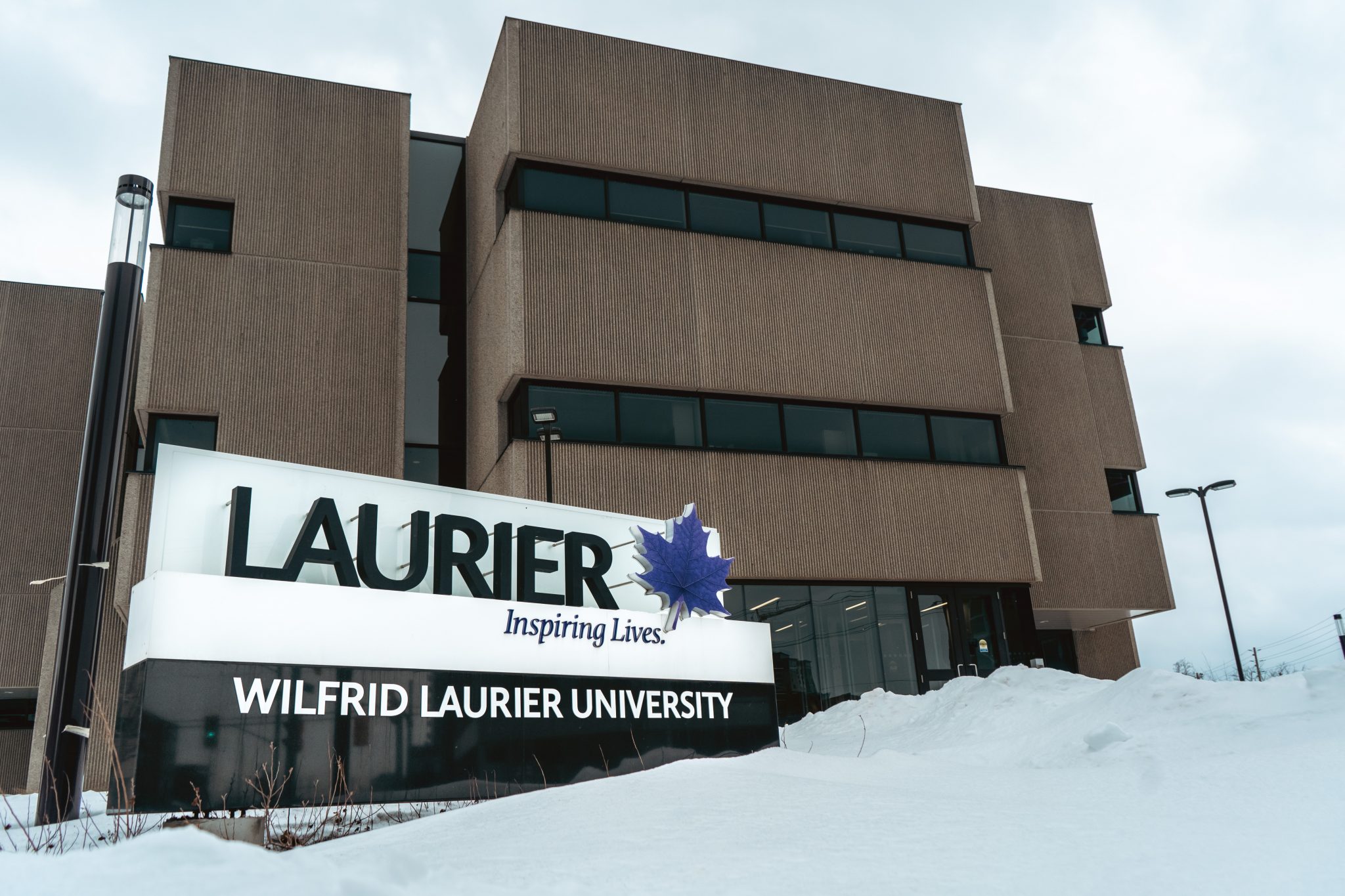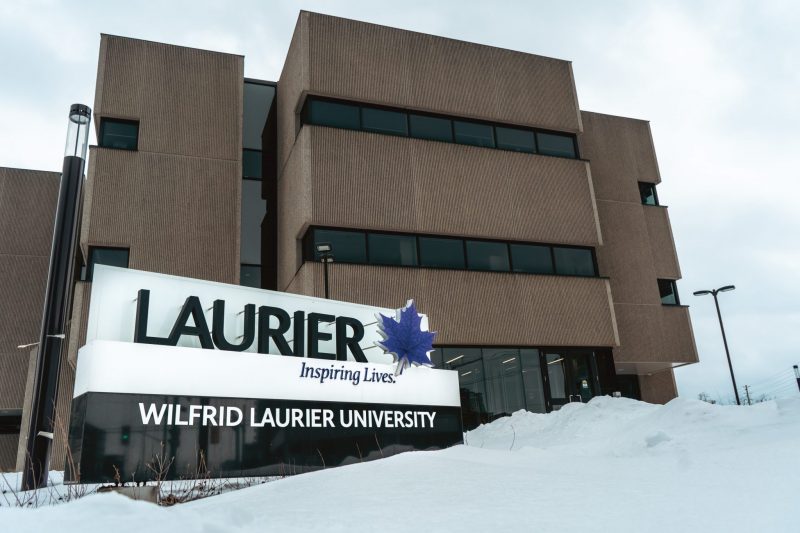First lecture of Laurier’s Milton Lecture Series sheds light on homeless encampments


On Jan. 11, the first lecture of the year as a part of Laurier’s Milton Lecture Series was held at the FirstOntario Arts Centre in Milton.
Beginning in Oct. of 2022, the Milton Lecture Series allows members of the Laurier faculty to present findings from current research projects. The lectures will run every second Wednesday of each month until May.
Laura Pin and Hannah McGurk presented the findings of their report, Homeless Encampments Through a Human Rights Lens, at the lecture. Alison Brown, Sarah Gillies and Victoria Marshall are also co-authors of the study.
“This report was born out of a course that we were doing on housing policy as part of our Masters of Applied Politics program,” McGurk, Masters of Applied Politics graduate, co-author and lecturer, said.
“What the report tries to do is outline different encampment protocols across cities in Canada and provide recommendations based on a human rights lens for not only the Region of Waterloo, but for other cities who are also looking to develop their own protocols, “said McGurk.
“Encampments are a symptom of the broader homelessness issue,” McGurk expanded.
According to the Canadian Observatory on Homelessness, homeless encampments are defined as an “outdoor location with a visible structure that can take many forms, such as tents, shanties, or shacks, where two or more individuals live.”
“We worked in collaboration with the Region of Waterloo. [The city] had some research they needed done on encampment protocols of neighboring municipalities because they wanted to create their own protocol,” said McGurk. “The goal was to figure out what other cities are doing with their encampment situations in their own communities and how we can provide a framework as to how Waterloo should come up with their own protocol.”
Geeta Pathak, a supervisor at Halton Housing Help Centre, joined Pin and McGurk during the lecture.
“[Geeta] works for … a community organization in Halton. Then you have Dr. Pin who is speaking about the research and homelessness as a broader political issue and myself there attending as a co-author of the report,” said McGurk about the lecture. “… There were three different perspectives on not just the report, but encampment issues.”
The lecture allowed the broad issue of homeless encampments in municipalities to be addressed through a human rights lens to members of a Canadian municipality.
“Our report was specific to Waterloo, I think based on all of the resources that we used and our findings, the recommendations that we provided are ones that can be used on a federal level for really any city in Canada to address the homelessness issue,” said McGurk.
“A lot of the people that attended in the audience that day were looking for answers as to what they could do and I think that is the first thing we can do – inform city officials that this is something we are interested in, we want to be able to help as well from the community perspective …,” said McGurk.
“[Canadian Observatory on Homelessness] that is where you can find a lot of information about encampments specifically,” said McGurk in regard to resources.“[The Housing Tell] there is a ton of different information there on housing as a human right so Laurier students can understand the lens we are using throughout the report.”
For more information on the Laurier Milton Lecture Series or Pin and McGurk’s lecture, visit the university’s website.
“If we’re able to address the encampment issue and find better ways to deal with or respond to encampment situations, that is just the first piece of a much bigger puzzle,” said McGurk.


